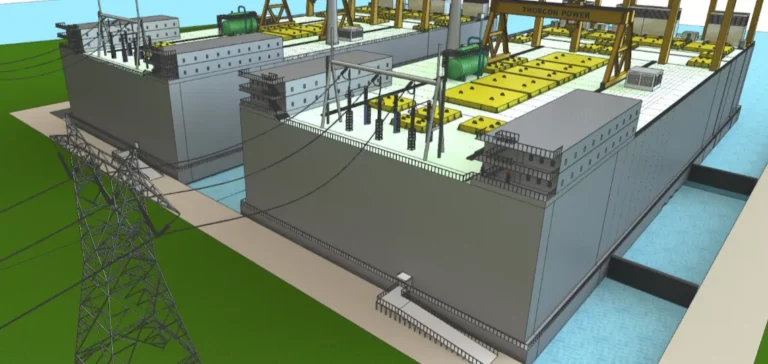PT Thorcon Power Indonesia has received official approval from the Indonesian Nuclear Energy Regulatory Agency (BAPETEN) for its site evaluation programme and management system, paving the way for the development of an innovative nuclear power plant based on molten salt reactor technology. This authorisation is part of a project led by the local subsidiary of Thorcon International, which plans to install a 500 megawatt electric unit on Kelasa Island, in Bangka Belitung Province.
A first for Indonesian private nuclear sector
This is the very first approval of a nuclear application granted to a private company by Indonesian authorities. The evaluation documents, submitted in January after two years of prior discussions, were reviewed by BAPETEN before validation. According to statements from the agency, all regulatory and technical requirements have been met at this stage. The model chosen by Thorcon is based on two low-enriched uranium reactors, each housed in sealed, replaceable modules called “Cans.” Only one module would be operated at a time, with planned replacement every eight years and off-site maintenance.
Kelasa, pilot site for the new sector
Initial studies conducted on Kelasa Island revealed promising potential in terms of safety, ecology, and technical viability. PT Thorcon Power Indonesia, which has set up a local engineering and compliance team, states that the approval reflects the group’s ability to master all the requirements of Indonesia’s nuclear sector. The site’s development is taking place in a context of ambitious national objectives, with the government targeting 10 GW of installed nuclear capacity by 2040. To date, more than half of Indonesia’s electricity comes from coal-fired power plants.
Roadmap and sector challenges
The timeline foresees obtaining the site licence and design approval as the next key steps. Construction could begin as early as 2027, with full commissioning targeted by 2031. Representatives of PT Thorcon Power Indonesia say they intend to maintain ongoing dialogue with local authorities and residents, highlighting that molten salt reactor technology offers advantages in safety and waste management. This project, presented as a competitive alternative to coal, also aligns with Indonesia’s energy diversification strategy.
The head of the nuclear fuel and reactor licensing division at BAPETEN indicated that the review process was conducted with rigour and transparency, emphasising Thorcon’s compliance with international standards. The next phases will be closely followed by the sector as the country aims to accelerate the introduction of new low-carbon generation capacity by 2040.






















